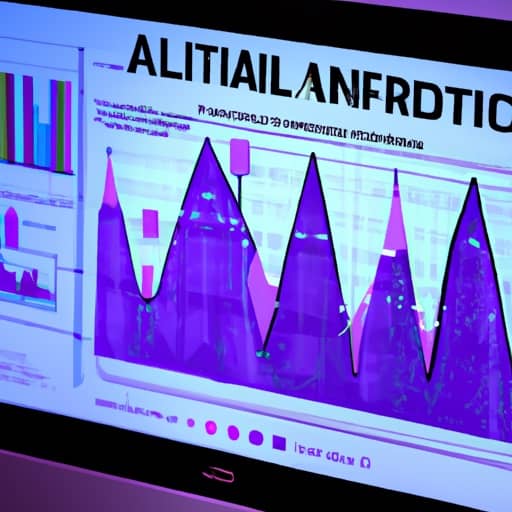Introduction: Understanding the Technical Components of AI Writing Assistants
AI writing assistants are powered by advanced technologies that allow them to analyze and improve written content. In this article, we’ll take a technical deep dive into the components that make up AI writing assistants and explain how they work together to create a powerful tool.
The Technical Components: Natural Language Processing and Machine Learning
AI writing assistants are powered by two key technical components: natural language processing (NLP) and machine learning. NLP allows the software to analyze and understand human language, enabling it to recognize patterns and make recommendations for better content creation. Machine learning takes things a step further by allowing the software to learn from past data and experiences, making it even more accurate and efficient over time.
The Algorithms: How AI Writing Assistants Make Recommendations
The algorithms behind AI writing assistants are responsible for making recommendations on grammar, tone, style, and more. These algorithms are trained using vast amounts of data, allowing them to recognize common patterns and make accurate predictions on what changes will improve content. By continually analyzing new data and feedback, AI writing assistants can refine their recommendations and become even more accurate over time.
Components of AI Writing Assistants:
| Component | Function |
|---|---|
| Natural Language Processing (NLP) | Analyzes human language to recognize patterns and make recommendations for content improvement |
| Machine Learning | Learns from past data and experiences to become even more accurate over time |
| Algorithms | Make recommendations on grammar, tone, style, and more based on vast amounts of analyzed data |
Real-World Applications: How AI Writing Assistants Improve Content Creation
AI writing assistants have a wide range of real-world applications that improve content creation for businesses and individuals alike. They can help with tasks such as proofreading, content optimization, and research. They can also provide suggestions for better headlines, subheadings, and content structure. Overall, AI writing assistants allow writers to focus on the creative aspects of content creation while streamlining the more tedious tasks.
The Future of AI Writing Assistants
As AI writing assistants continue to evolve and improve, we can expect to see even greater benefits for businesses and individuals. The technology behind AI writing assistants, including NLP, machine learning, and algorithms, will become even more advanced and sophisticated. This means that content creation will become more efficient, more effective, and more engaging for audiences around the world.


